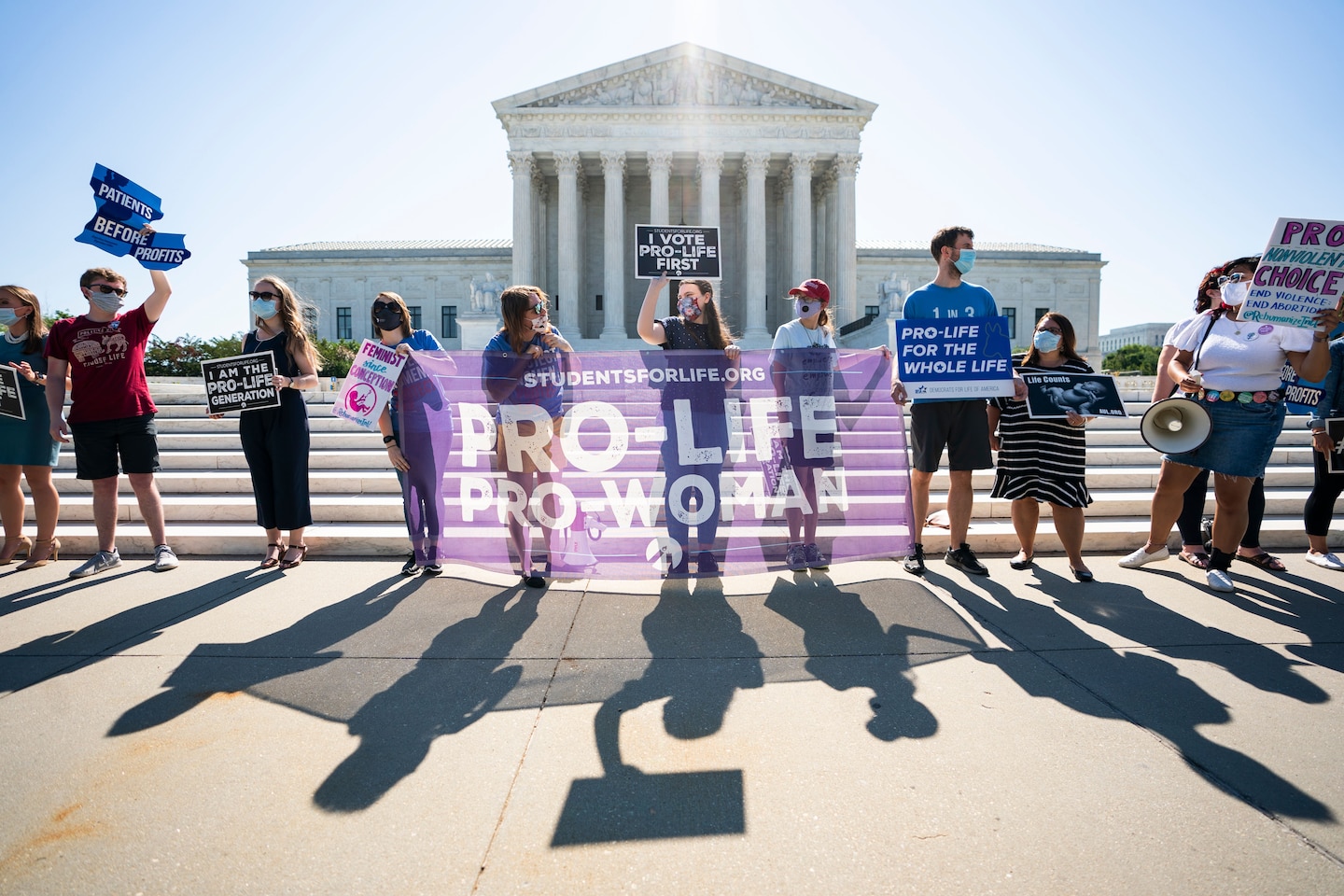Pro-lifers had hoped for better from John Roberts

The disappointment comes from Chief Justice John G. Roberts Jr. siding with the four liberal justices to strike down a Louisiana law requiring doctors who perform abortions to obtain admitting privileges with local hospitals in order to care for patients injured during procedures.
The most serious disappointment is the chief justice’s refusal to dismiss the case due to the absurdity of abortion providers’ claim that they are protecting women’s rights when challenging health and safety laws. For decades, abortion clinics have asserted that they have the legal standing to challenge restrictions because their interests align with those of women. This is, at best, a dubious assertion, yet Roberts’s concurring opinion only briefly mentions the question of standing and instead refers readers to the opinion of the liberal justices.
While the court’s decision in Roe v. Wade required states to allow access to abortion, it did not command states to ignore abortion providers who fail to obtain informed consent, use unsterile instruments, or leave the baby’s body parts in the mother, leading to infection and disease. The Louisiana legislature considered evidence of this misconduct as it debated the measure. This misconduct is also detailed in Justice Neil M. Gorsuch’s dissenting opinion. Yet the court’s ruling Monday in June Medical Services v. Russo may prevent states from taking reasonable efforts to protect women against such practices.
Pro-lifers can, however, derive a glimmer of hope from Roberts’s opinion. Under a 2016 ruling, states defending abortion regulations were required to prove both that the law did not create “a substantial obstacle” to a “large fraction of women” seeking access to abortion and that the regulation benefited women. It is now clear that five justices repudiate the claim that all abortion regulations must be shown to have indisputable benefits to women — a test that requires both the subjective determination of what counts as a benefit and conclusive evidence that the law provides such a benefit. This is where pro-lifers should focus.
Conclusively proving any benefit to women is virtually impossible because data on the medical aspects of abortion in the United States are simply not publicly available. Some researchers have refused to share information that has been gathered. The Centers for Disease Control and Prevention noted in 2018 that the share of procedures reported to the CDC was about two-thirds the figure recorded by the Guttmacher Institute, an entity created as an affiliate of Planned Parenthood. Information about the practice and experience of abortion, especially its risks and harms, is cloaked in claims of patient confidentiality and provider privacy. This cloak is so impenetrable that in this case the Supreme Court was deprived of access to evidence of misconduct and malpractice by Louisiana abortion providers based on a trial court order of secrecy.
So where does June Medical leave us?
First, it indicates that while Justices Clarence Thomas and Samuel A. Alito Jr. may be ready to overturn Roe v. Wade, the chief justice is not. Although Roberts has been willing to overrule wrongly decided cases in other areas of the law, his reported sympathy with the pro-life position appears to be subordinate to his concern about perceptions of the court’s institutional reputation.
Second, the case failed to provide much clarity on where the two newest justices stand on overturning Roe. No doubt Louisiana would have welcomed Justices Gorsuch and Brett M. Kavanaugh voting to overrule Roe, but the state did not present that question, and the justices properly refrained from addressing it.
Third, this week’s opinion leaves pro-lifers exactly where we were before the 2016 decision in Whole Woman’s Health, a decision long on rhetoric but short on workable legal rules. Federal courts reviewing abortion laws should uphold the laws absent a finding that the laws create a substantial obstacle to a large fraction of women seeking abortion access, without engaging in what Roberts correctly termed some “grand balancing test” of obstacles vs. benefits “in which unweighted factors mysteriously are weighed.”
On Thursday, the court returned two cases challenging Indiana laws to the U.S. Court of Appeals for the 7th Circuit for further consideration in light of June Medical. One dealt with the requirement that women be provided ultrasounds followed by a waiting period before abortions; the other that, absent a finding that parental involvement is not in the best interest of the child, parents are entitled to know their underage daughters are obtaining an abortion. These orders suggest the laws may not impede access to abortion for a large fraction of women (or girls), even though lower courts had ruled that these laws could not be indisputably shown to benefit the health of those seeking abortions.
Ultimately, Monday’s opinion moves us two steps forward but at least one step back in efforts to protect both the health of women and the tiny human beings in their wombs. Pro-lifers had hoped for better from the chief justice, but we can work with what we got.
Read more:






